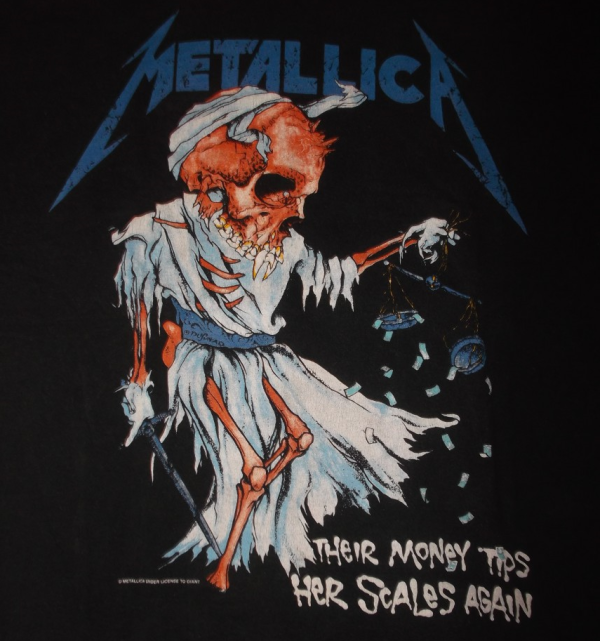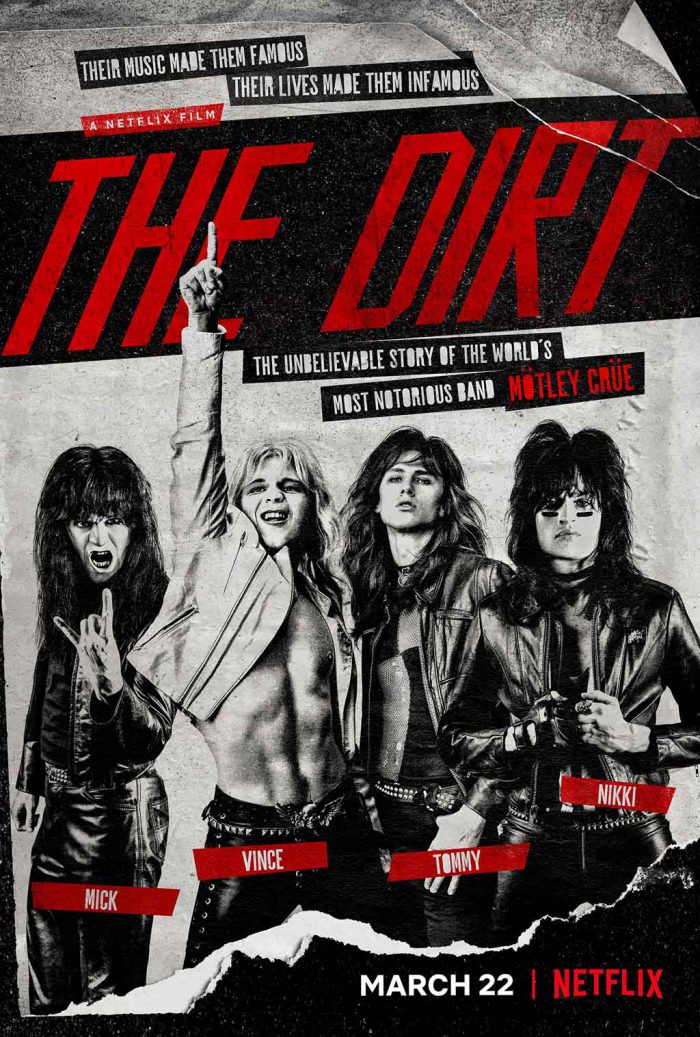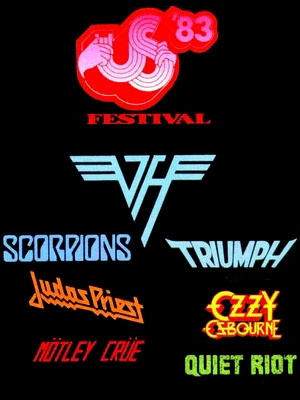
“Nothing gold can stay,” Robert Frost famously wrote, referring to the tendency of all things in life to break down and become eroded versions of themselves. In addition to the obvious tendency of aging and death, we moderns have become familiar with the term “entropy” for the proliferation of possible options that then then renders choice almost impossible. Underneath all of this a more virulent tendency lurks, which is the human habit of destroying everything we encounter, including — especially — our own best creations.
In heavy metal we think of this through the decline of bands from excellent and striking to a version of what we already know is popular, like the steady unraveling of Metallica from the band that made Ride the Lightning to a country-fried version of Motley Crue or Led Zeppelin. We see it other places as well. For the last two decades, I have relied on a certain British company that makes teapots as a source of reliable gifts. People friggin’ love a quality teapot. But a few weeks ago, the company was sold, and the MBAs moved in and quickly figured out how to add a stylish handle to the teapots and make them of cheaper material and less of it, translating into fragile and less-effective teapots.
This parallels what happens to interesting movies from Highlander to The Bourne Identity which is that after an interesting premiere, the sequels emerge and they are of not only lower quality, but outright stupidity. The decision-making and leadership choices behind these movies are just of a radically lowered degree, such that if the first movie was a genius the followups have the abilities of a moron who works as a bureaucrat. For example, The Bourne Identity gave us a fast-paced and intricate but interesting script which maintained the emotion of a character lost in a world where he has no roots, but the sequel managed to not only hit every Hollywood cliche but present them in a series of improbable scenes which were clearly derived from better versions in the earlier film, all while creating the emotional flatline that is the result of cardboard characters and nonsensical motivations. We might even target Star Wars which, after an initial foray which mixed humor, sci-fi, religion and a classic quest narrative, dove into the edgy but pointless followup and then threw in the towel and headed for the gift shop and standard Hollywood dreck with the third.
It would be nice to be able to blame Hollywood, whether of the movie or music industry variety, but the grim truth is that this pattern shows up in more than teapots and speed metal. It appears anywhere humans attempt to organize themselves. The large tech companies who were visionaries and rebels a generation ago are now stodgy corporates, albeit with the appearance of being insightful and life-positive, whose products are designed to manipulate us to buy more of their high-margin offerings. Even the most necrotic of underground metal bands fall prey to this syndrome, but for miniscule amounts of money and fame, suggesting that the classic narrative of “selling out” — changing your sound to be more like Motley Crue or Led Zeppelin, both rock/metal hybrids that allow people to purchase edginess of metal within the familiar and non-threatening music of the herd, like jeans or Jack Daniels or other “extreme” products that in fact reflect extreme conformity — is incorrect and money and fame in itself do not explain the motivation for this choice.
Considering the nature of this problem as universal or nearly so, it makes sense to analyze it at a level lower than the reward itself, and instead to look at motivations. People are fundamentally social creatures; we are pack animals, allegedly at a higher level of evolution than the apes but retaining their most fundamental behaviors (and if you disagree, I’ll hurl a turd at you while beating on my chest and howling). We motivate each other with social guilt and shame, but that is only the stick; the carrot is that we offer inclusion to others who do things that please us, and create “heroes” out of those who do what many of us find appealing. This is the underlying mechanism of the sell-out, which is not so much profitable — since it exists as attempt without certainty of reward — as it is sociable.
When Metallica switch from “For Whom the Bell Tolls” to “Nothing Else Matters,” they are offering a simplified version of their edgy sound that more people can understand. This gives everyone the warm fuzzies, since it offers peace through pacification of others, and makes Metallica appear more altruistic and friendly. It also retains the surface appearance of extremity, which lets ordinary conformists play the charade of extraordinary (and possibly visionary) non-conformist without any risk to themselves, since what they are actually doing is buying a product which is just another flavor of the same ordinary rock everyone else litens to. Selling out is offering a product that is designed to please more people by giving to them what they already think they want, and by not challenging them, allows them to confirm their status as having valuable lives without raising the bar and forcing them to exceed their normal, self-interested and self-referential or narcissistic behavior. When you see something good go bad, it is almost always the result of this phenomenon, which consists of self-interested producers expanding their market by lowering the different-ness of their product, and in turn allowing the social group to feel pleasant illusions about its togetherness.
16 CommentsTags: entropy, Highlander, led zeppelin, metallica, motley crue, Ride the Lightning, Robert Frost, selling out, Star Wars, The Bourne Identity


 I wasn’t old enough to have figured it out at the time, but according to
I wasn’t old enough to have figured it out at the time, but according to 
